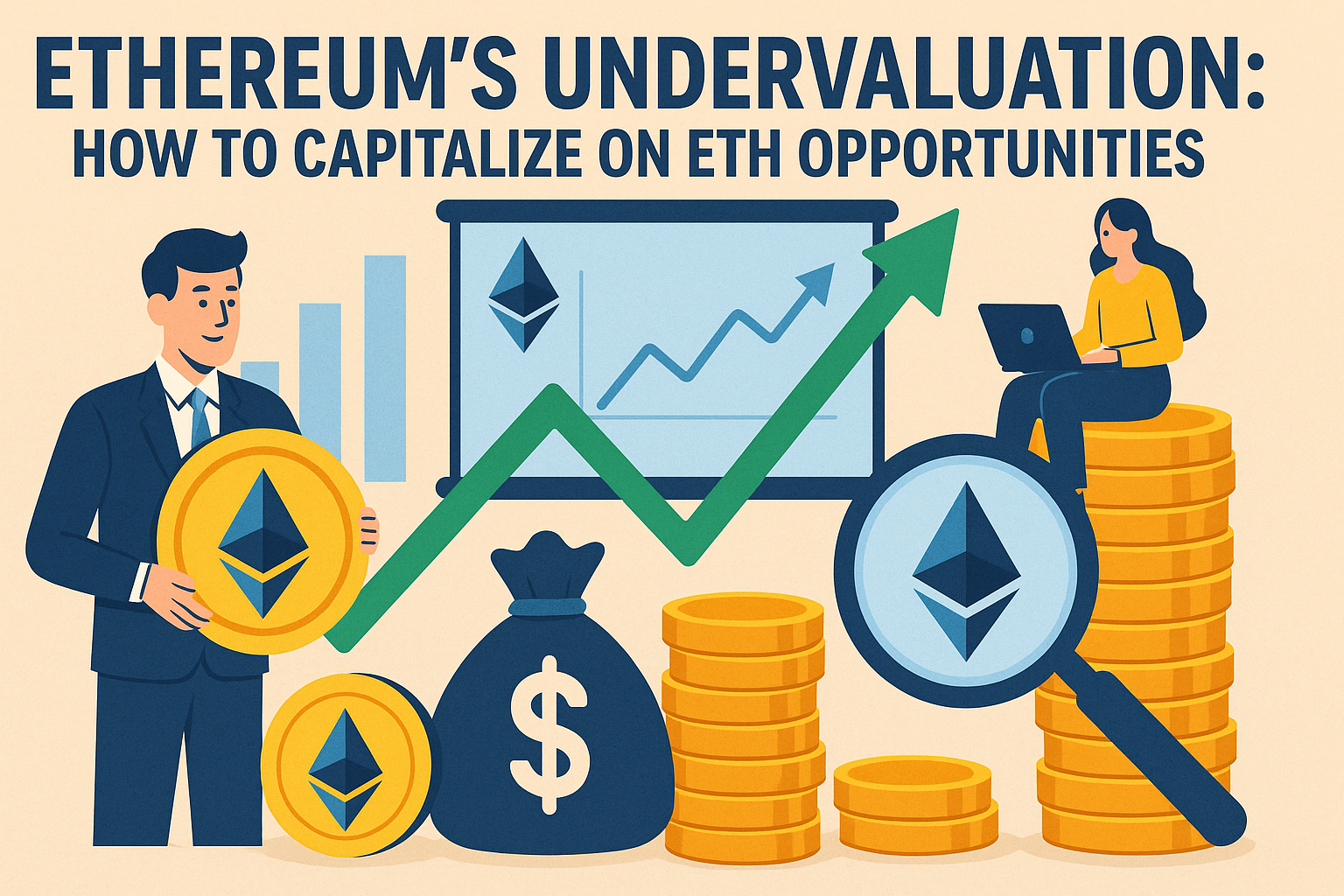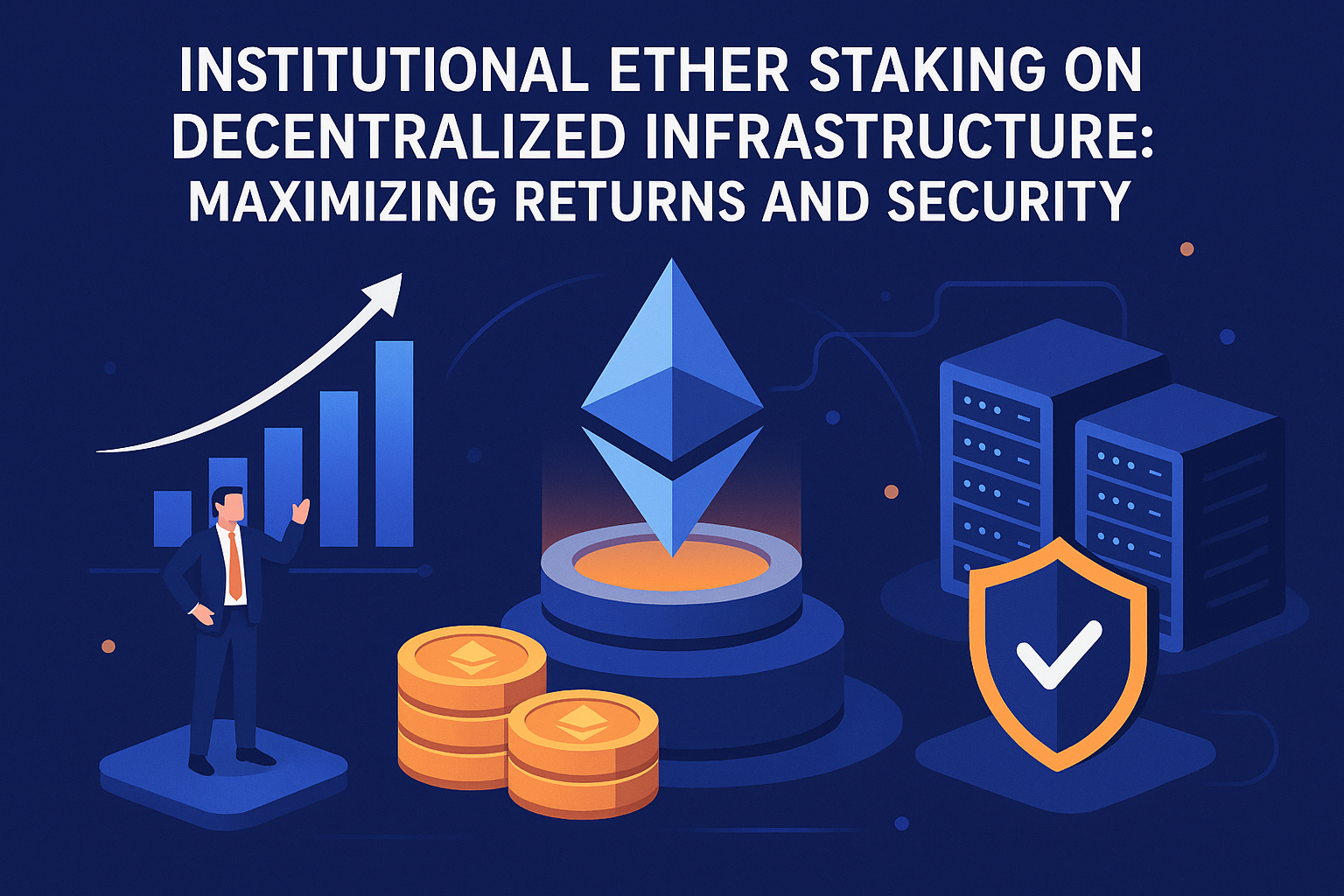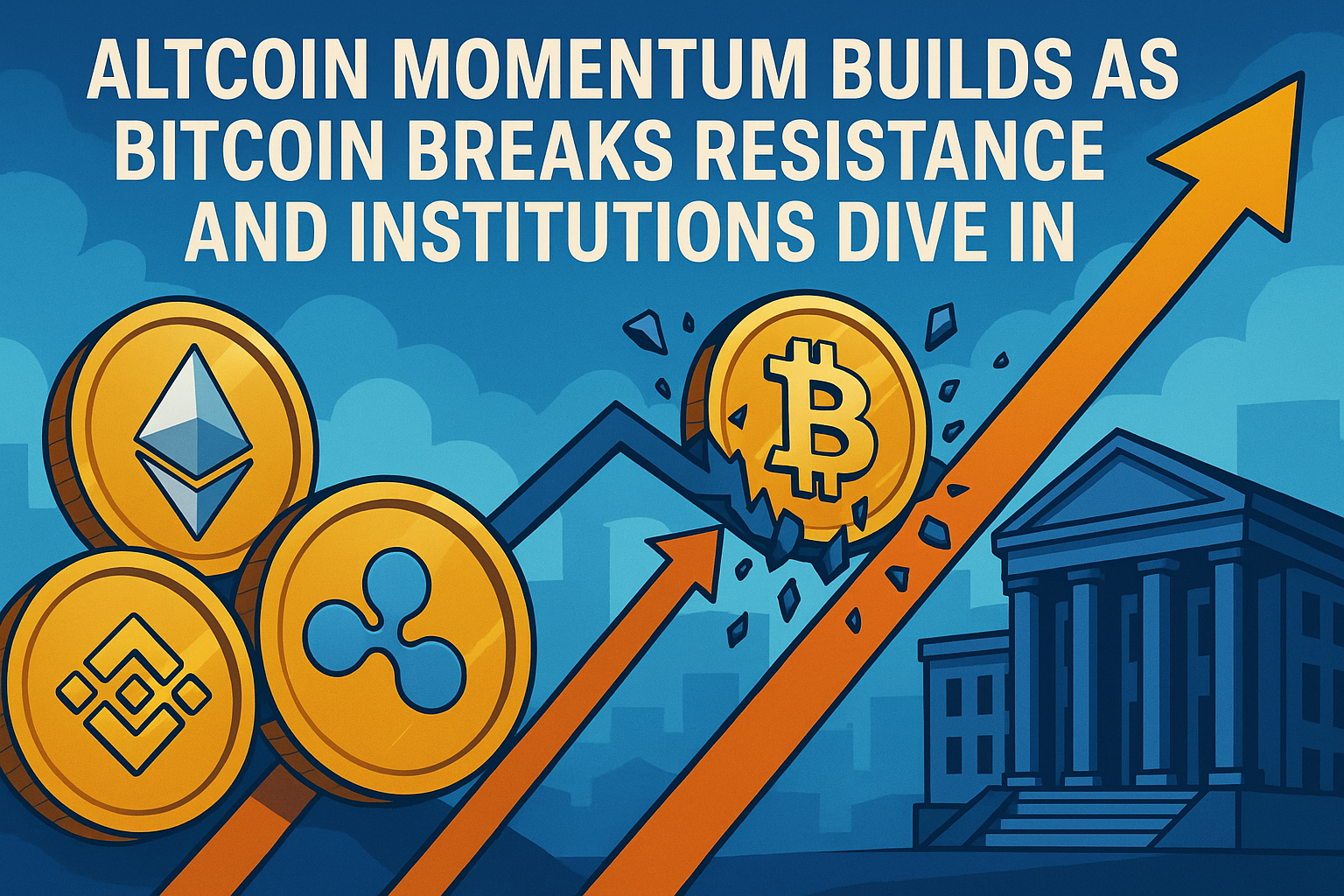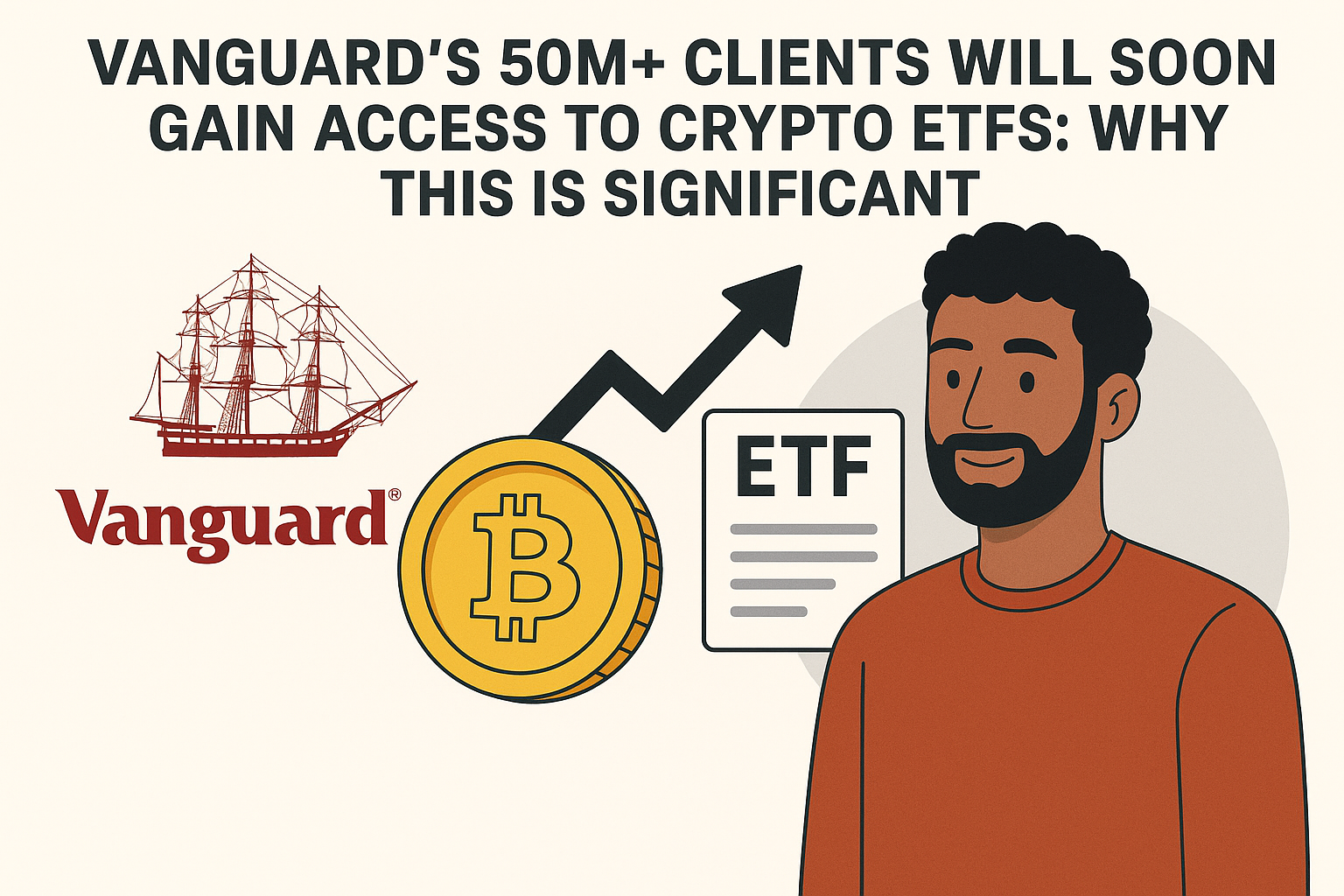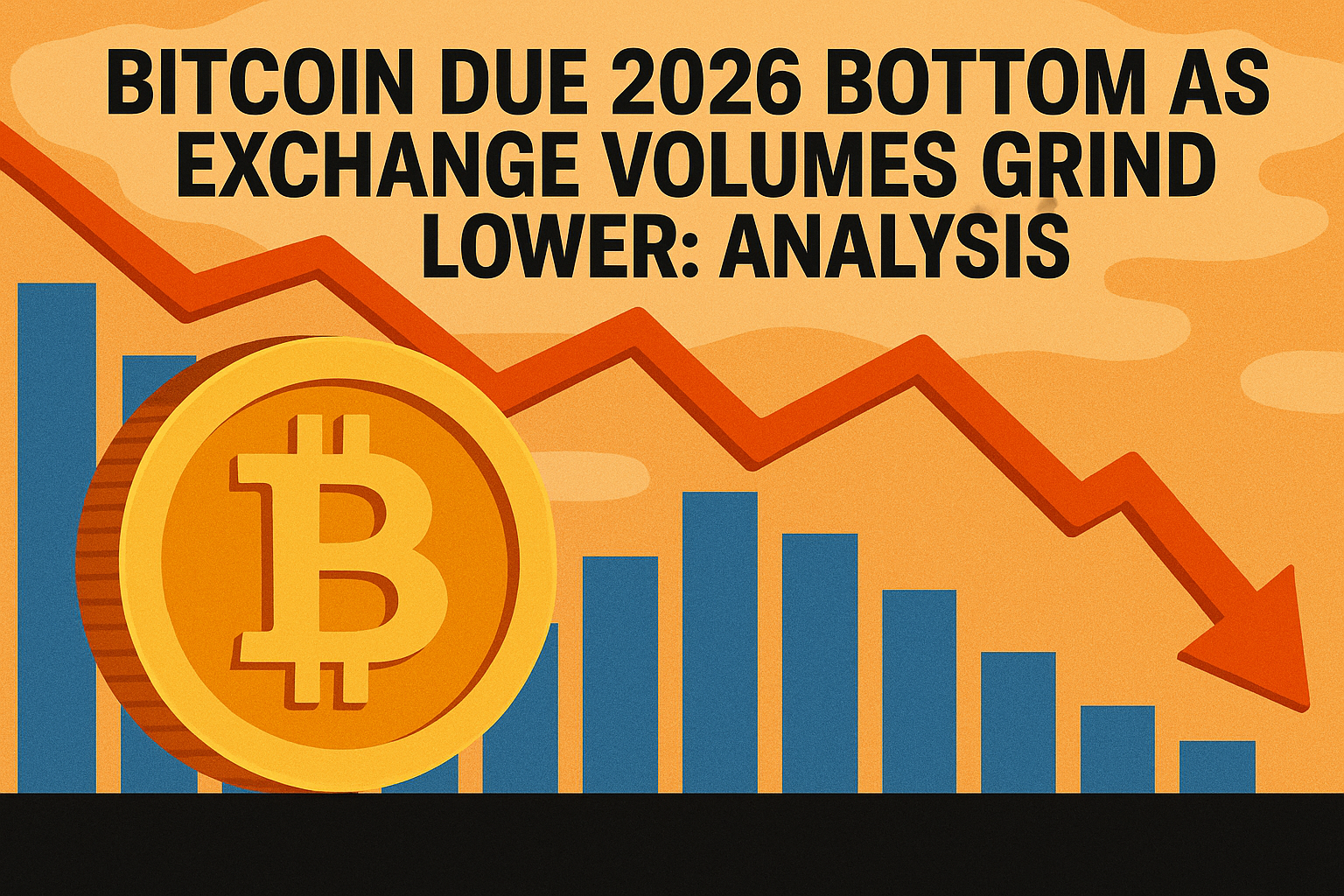Table of Contents
Ethereum: it's a name that buzzes in the tech world. The second-largest cryptocurrency by market capitalization. Many, to this day, wonder: can you still make profits by mining it?
The answer isn't as straightforward as many would think. With tech evolutions and unpredictable market shifts, Ethereum mining's profitability keeps sparking debates, and today, we will try to break down the most important factors that cause its fluctuance.
Ethereum mining: What's the deal?
Let's break it down a bit. Mining, in the Ethereum world, means verifying your or other people’s transactions. After they are verified, you add them to what's called a "blockchain". If you want to learn more about the basics of crypto, get in touch and experience LI.FI network participant benefits!
Here's how it works: Miners use powerful computers, aiming to solve tough math problems. If your computer cracks the problem, a new block is added to the blockchain. The reward for hard work is Ether, Ethereum's very own cryptocurrency.
Multichain systems often aim to improve interoperability between blockchains. This can involve the transfer of assets and data between chains. Miners or mining pools that operate on one chain may need to include cross-chain transactions in their work, which would involve interactions between the various chains.
Profitability: It's complicated
Several things come into play:
- Hardware costs and more → You need hardware to work. Specifically, ASICs (Sounds technical, right? It stands for Application-Specific Integrated Circuits) or GPUs (Graphics Processing Units), and they aren't cheap at all. They can cost thousands and thousands of dollars. Oh, and they use up tons of electricity. So, your electricity rates will be rocketing. If you live in the USA you are probably well off, but in Europe, electricity prices are sky-high.
- How hard is the mining? More miners, more competition. The more people mining, the harder it gets to solve those math problems. Tougher problems mean more computer power. And yes, more costs and electricity needs.
- What's Ether worth? Miners get paid in Ether. So, if Ether's price dips after you start, it's bad news for your profit. But here's some good news - it can just as well go up in no time.
- Ethereum's evolution Heard of Ethereum 2.0? It's a pretty big upgrade of the whole system. This change will transition from Proof of Work (PoW) to Proof of Stake (PoS). What does that mean for miners? Their role and rewards will very probably droop, as the PoS system focuses on energy efficiency less viability.
So, is it worth it?
Whether you should dive into Ethereum mining or not is a tough call. If you're located where electricity's cheap and you've got affordable mining gear or a place where you can get some, there might be profit in it for you. But for many costs could potentially beat the profits.
Also, don't forget about Ethereum 2.0. With its shift to the PoS system, mining's future looks unpromising. Instead of mining, Ethereum will introduce "staking". People can lock up some Ether, supporting the network without all the heavy computations. It's a move towards a more green, efficient system. But miners might need new strategies. And your equipment prices should drop so don't count on selling those graphic cards for a profit.
Conclusion
To wrap up, Ethereum mining's golden days might be in the past. If you're considering it, do your homework. Keep an eye on market changes, tech upgrades, and costs. It's a game of strategy. Think about alternatives, like staking or maybe even diving into other cryptocurrencies. Whatever you decide, keep in mind to stay informed!

